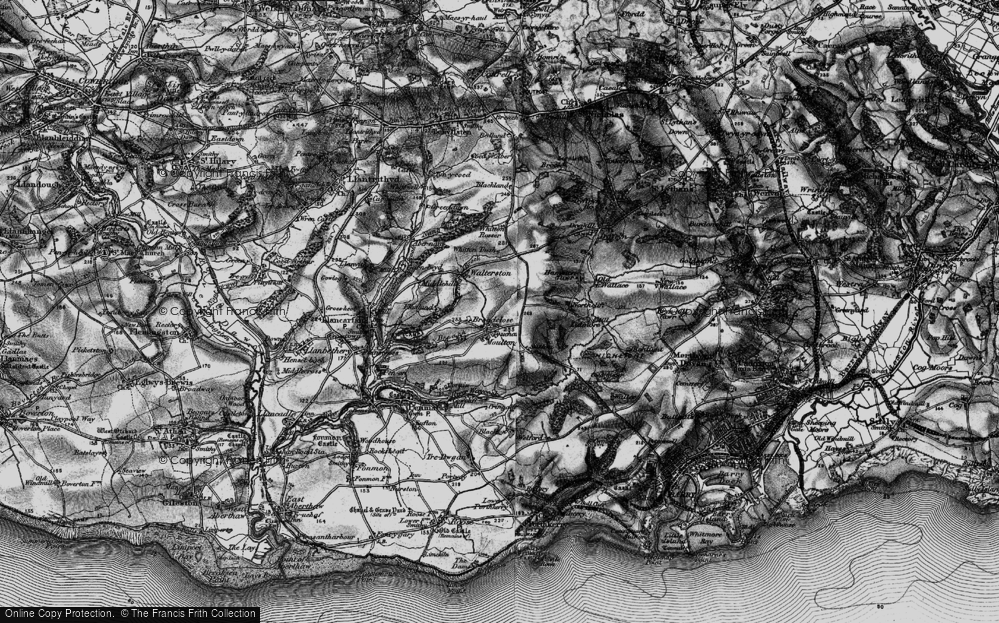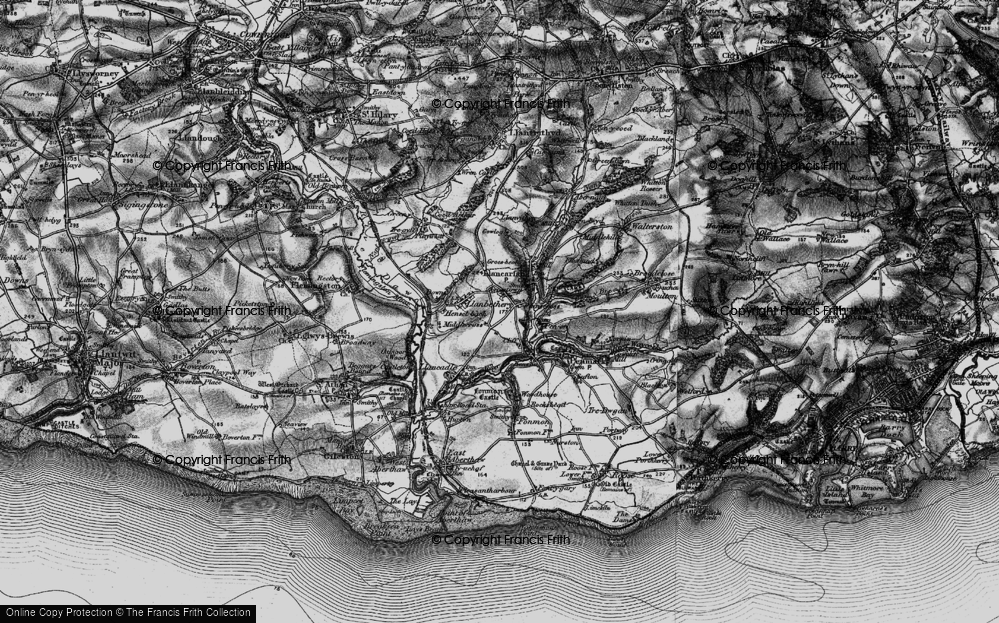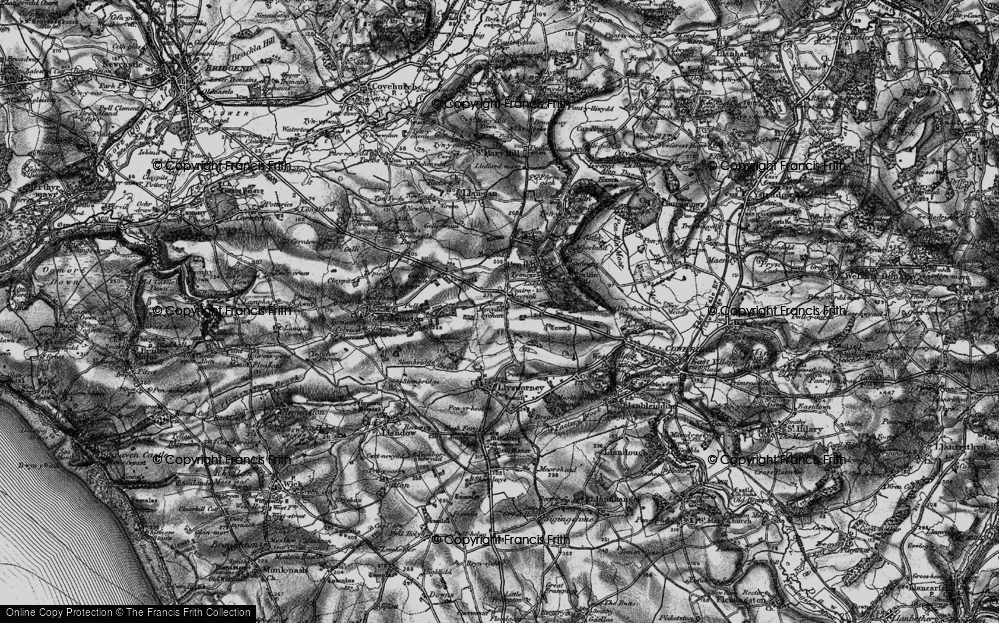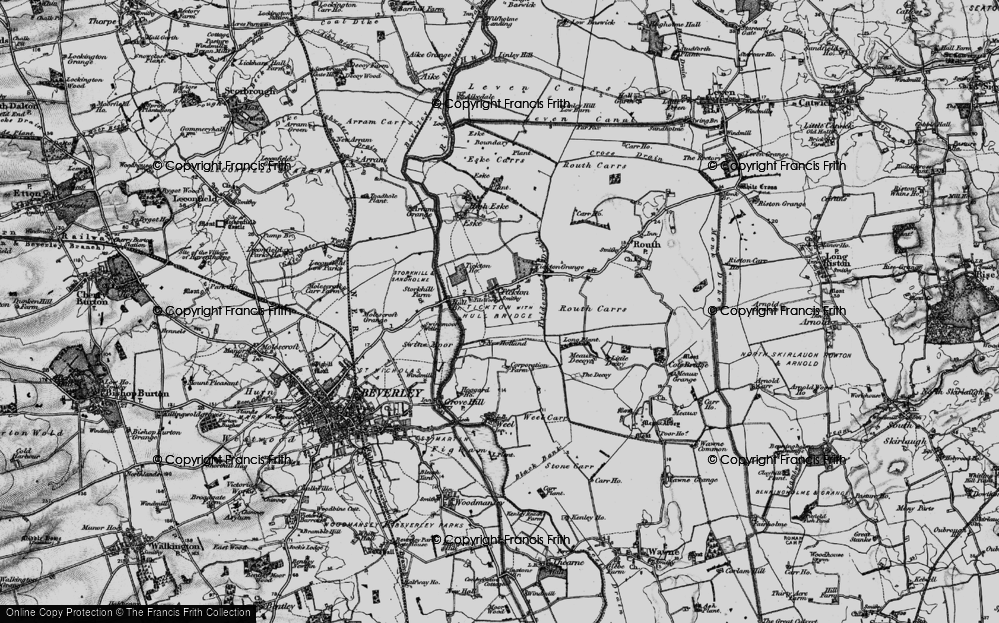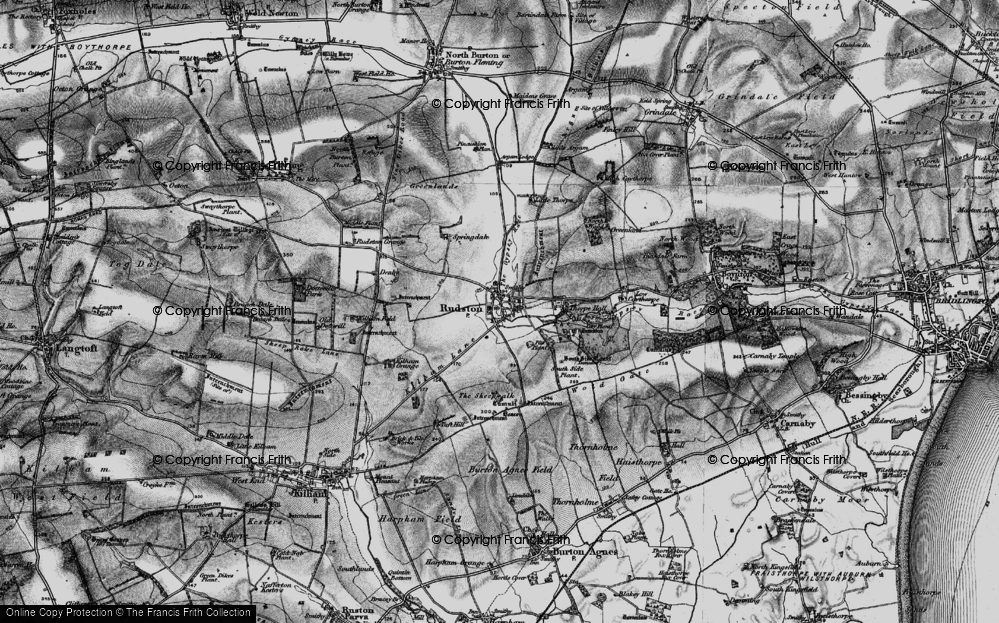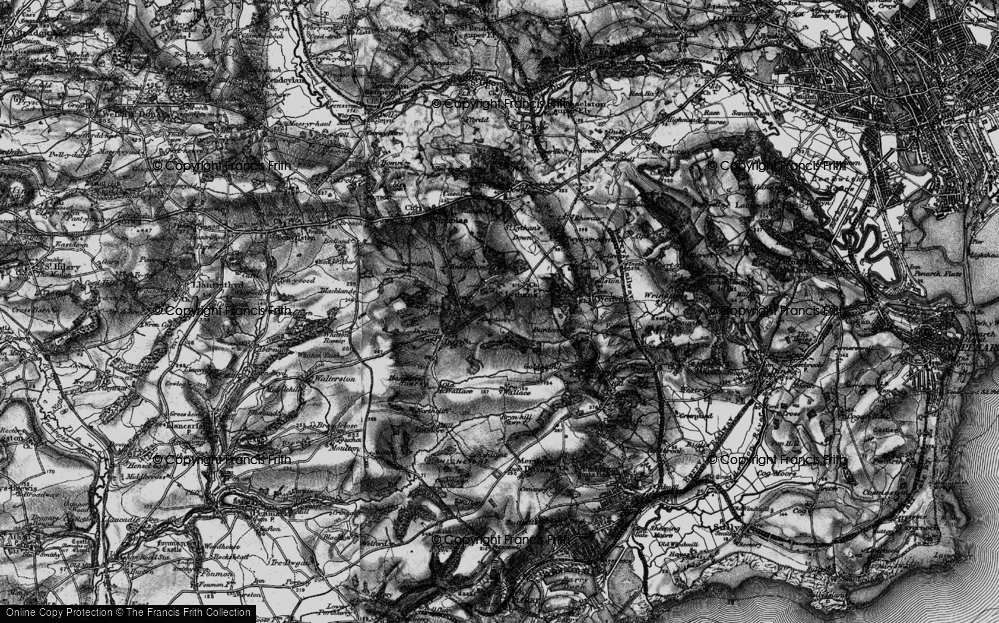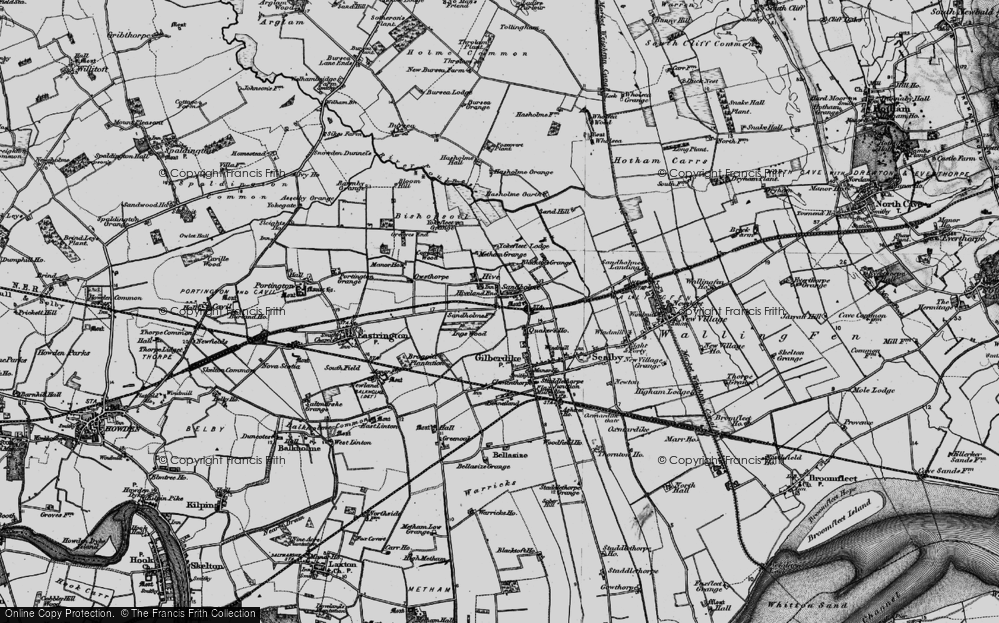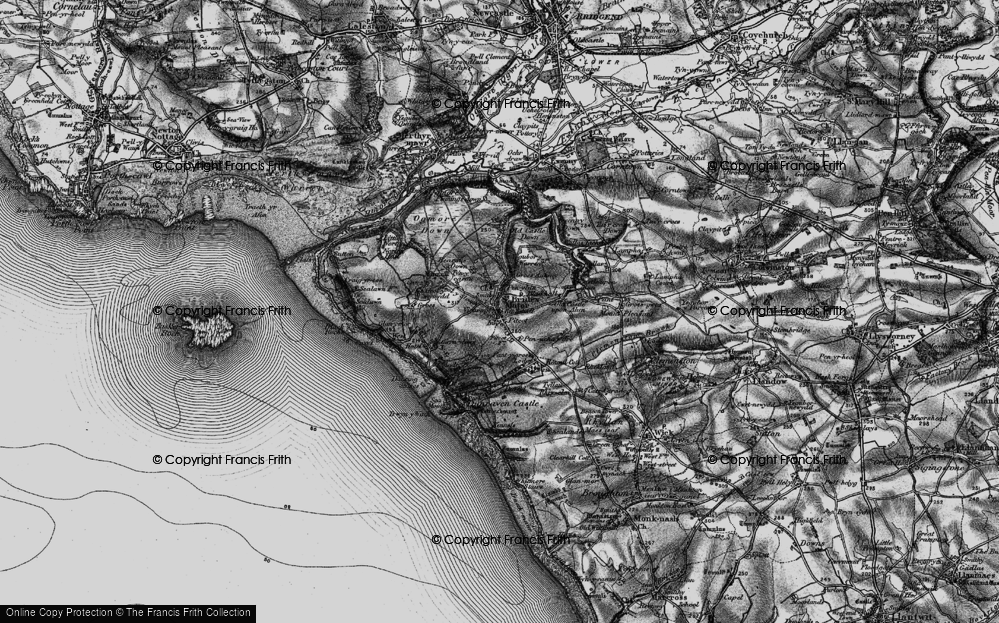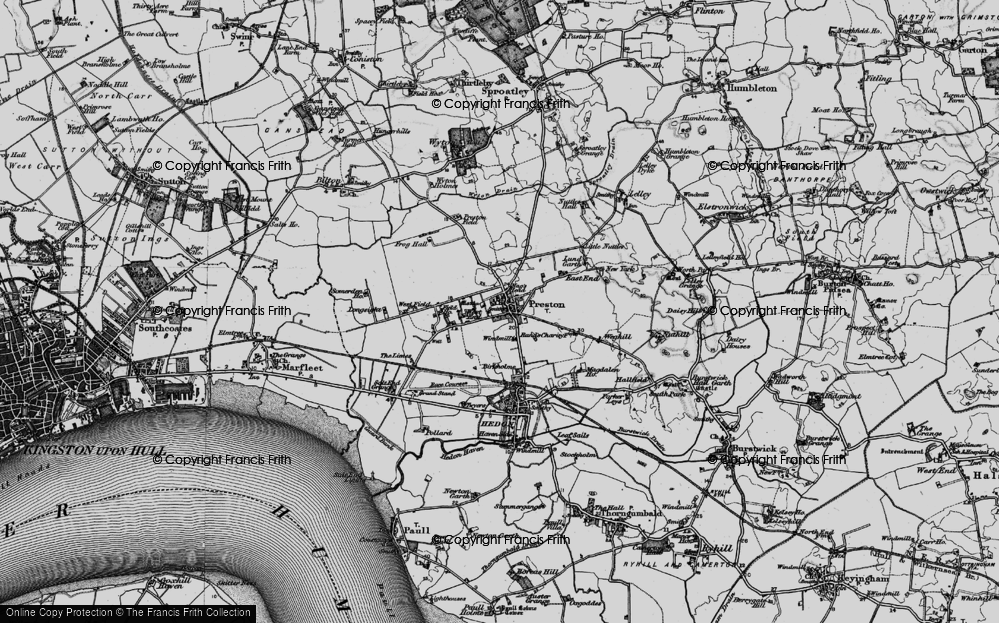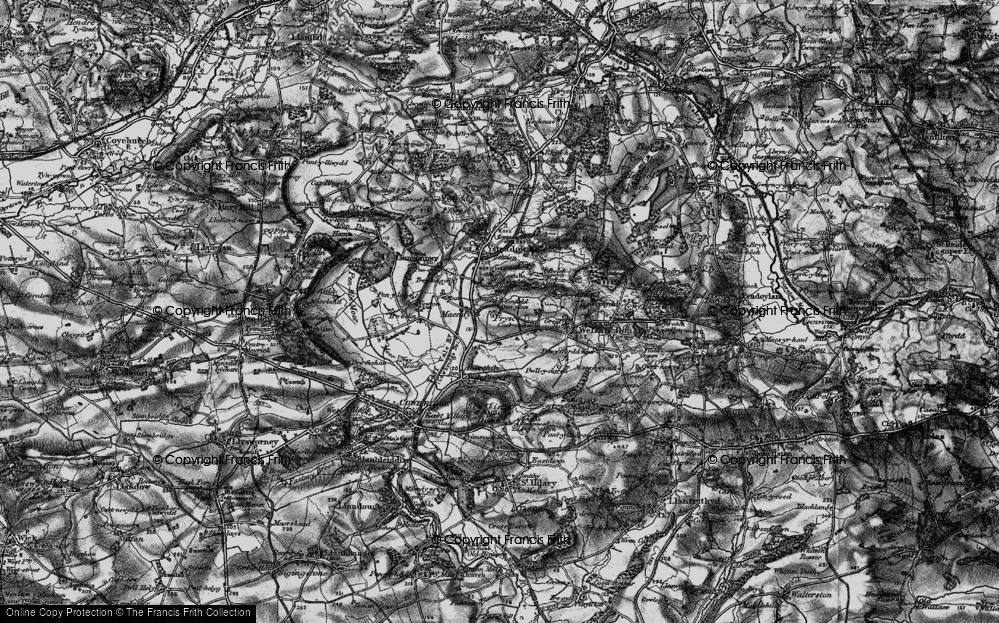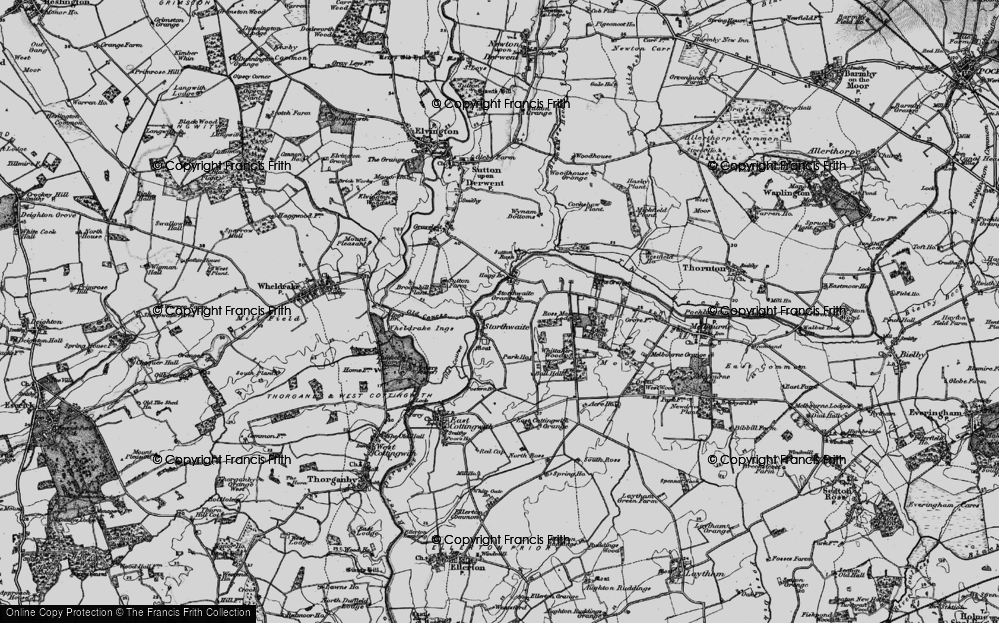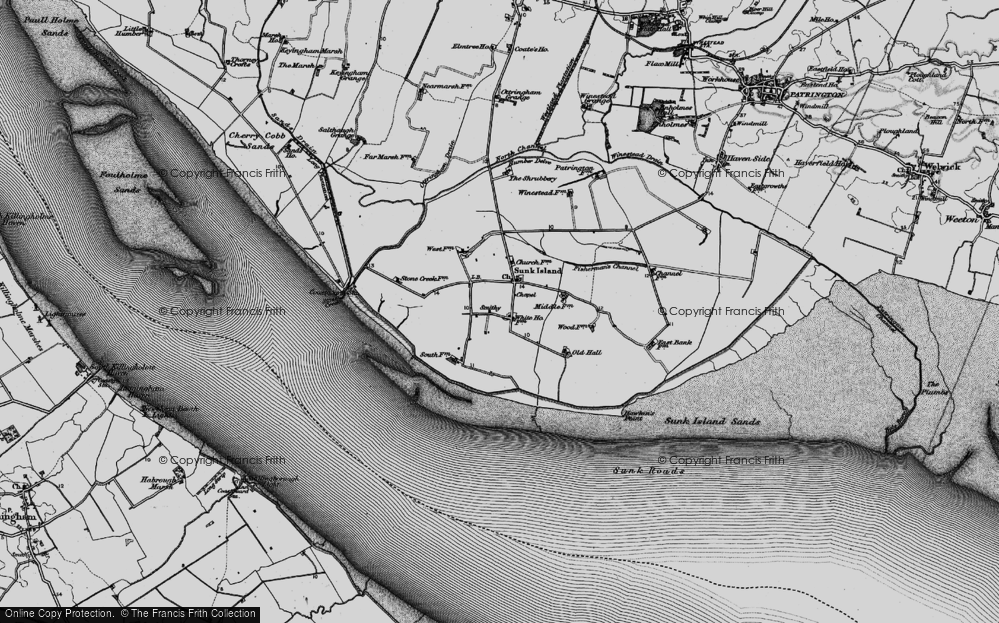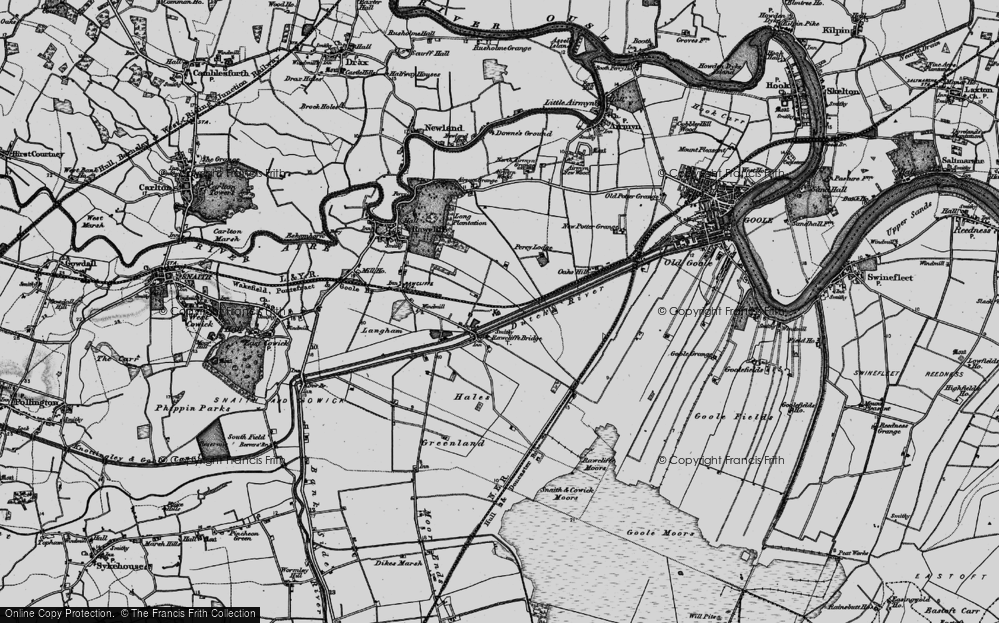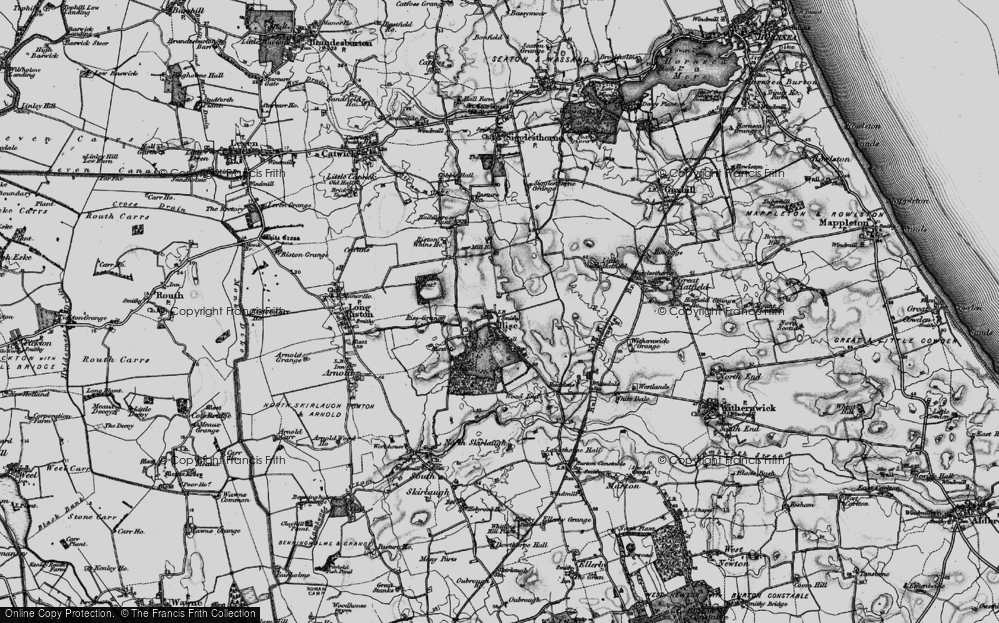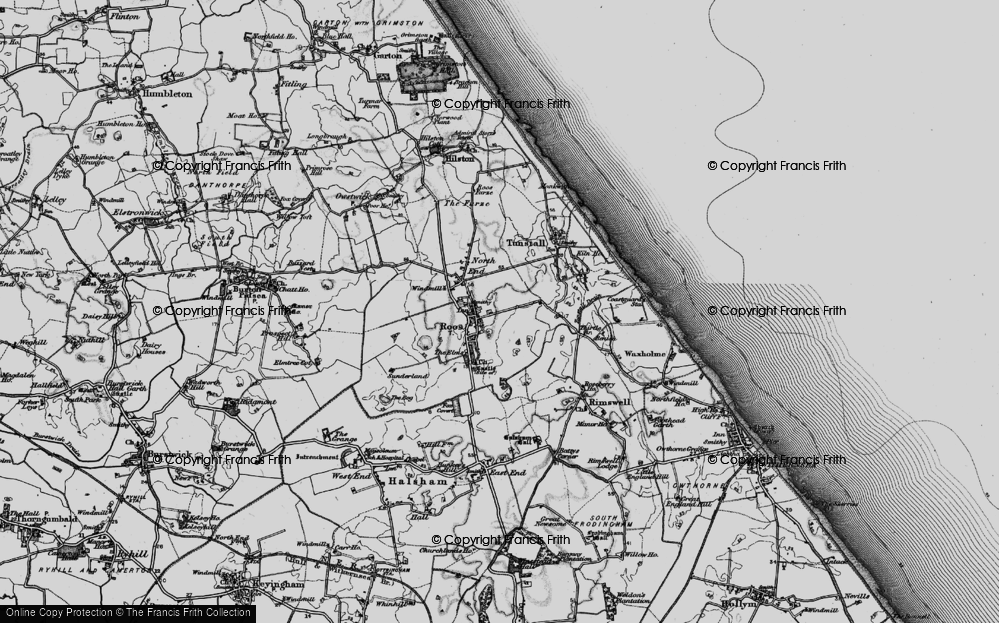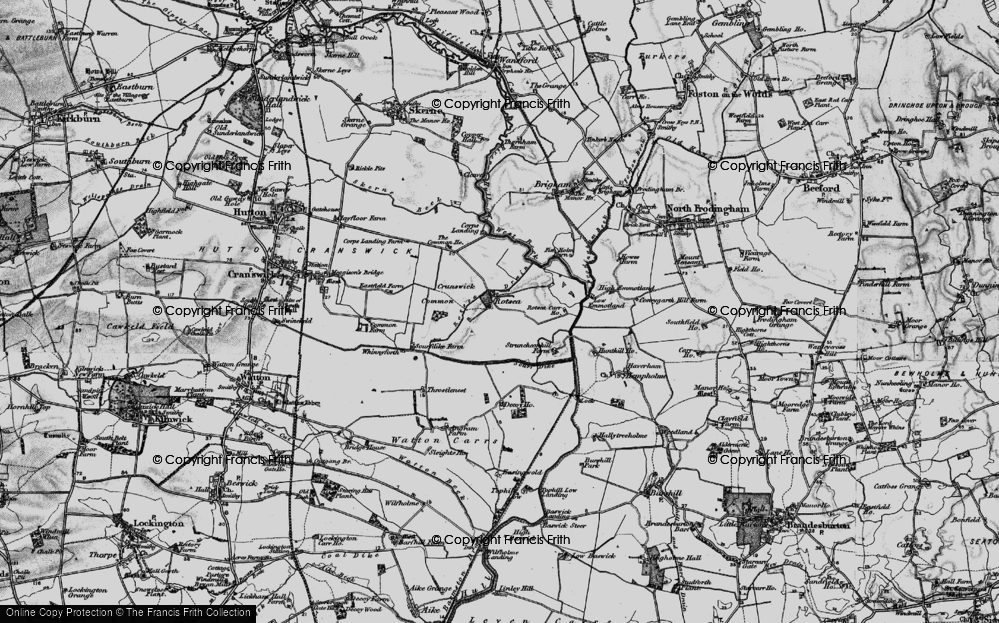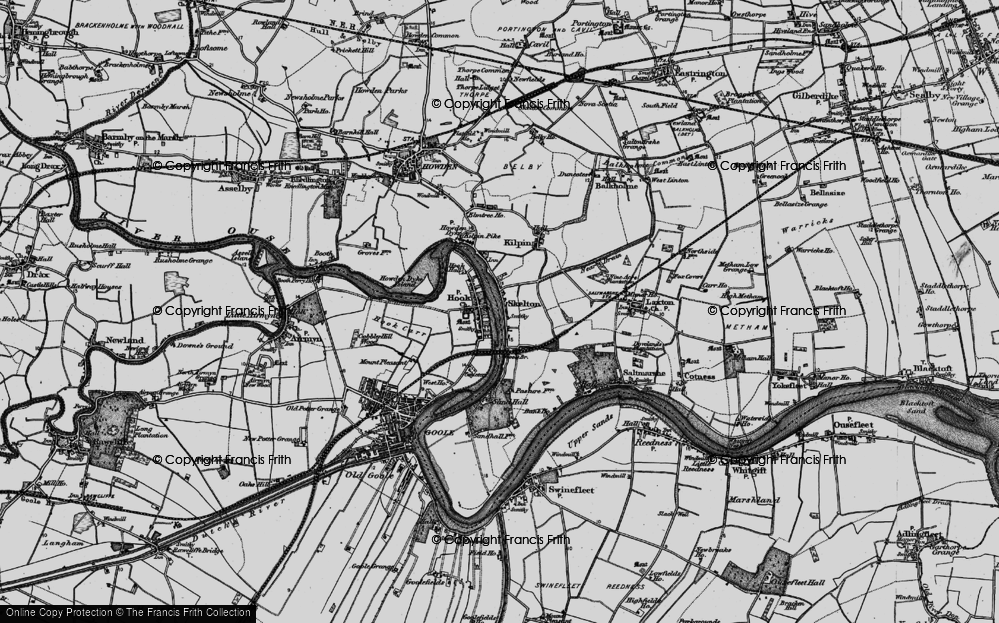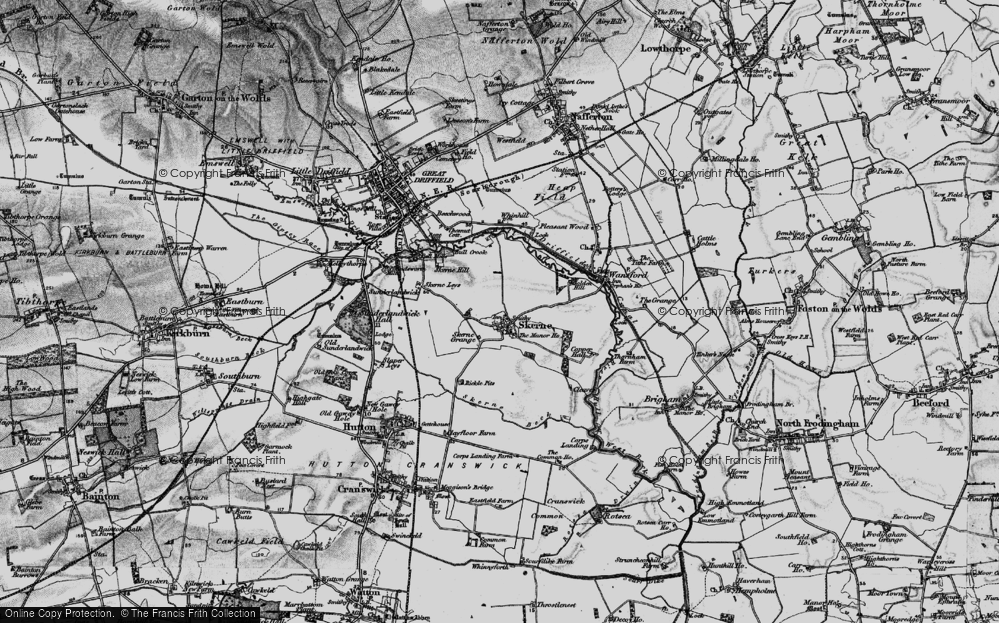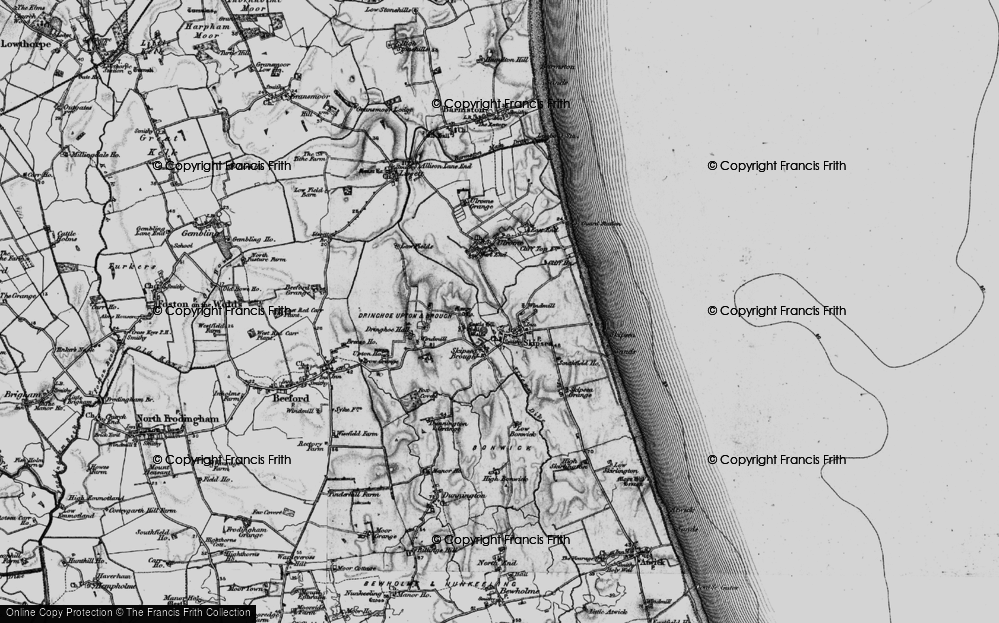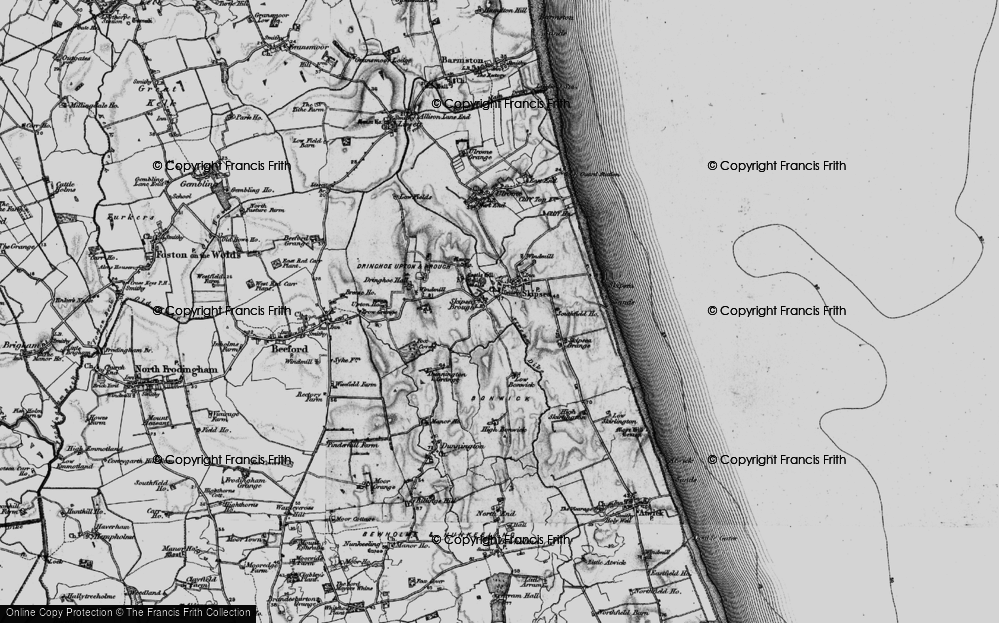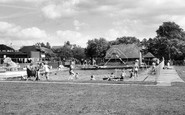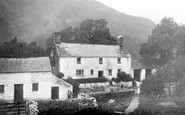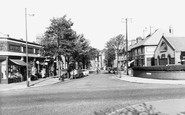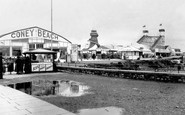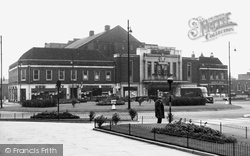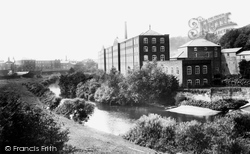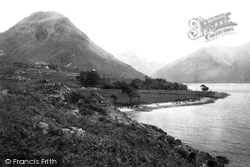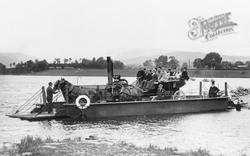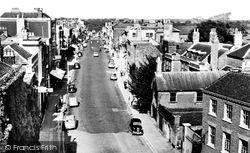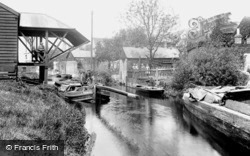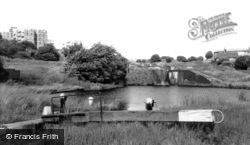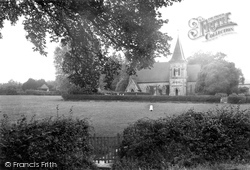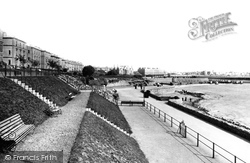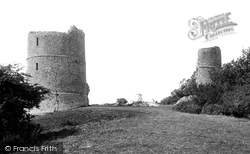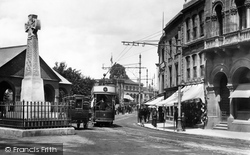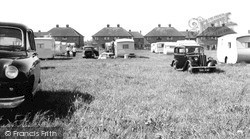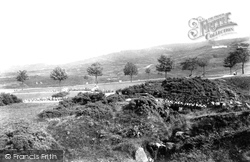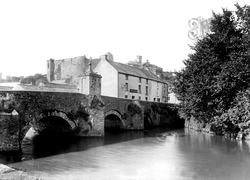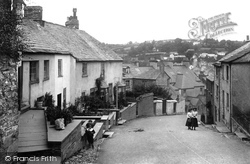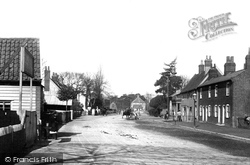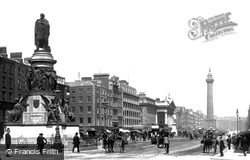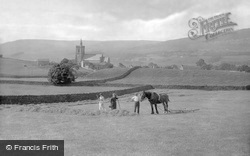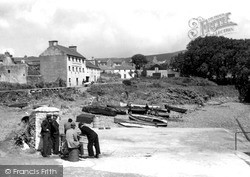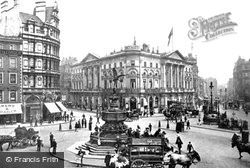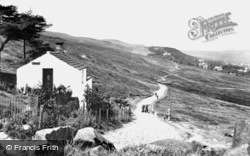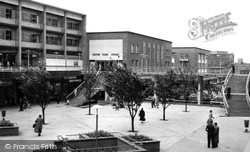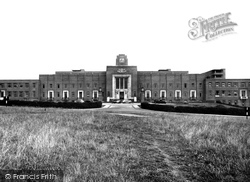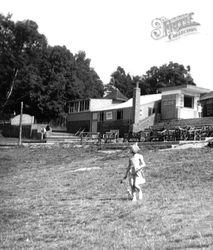Merry Christmas & Happy New Year!
Christmas Deliveries: If you placed an order on or before midday on Friday 19th December for Christmas delivery it was despatched before the Royal Mail or Parcel Force deadline and therefore should be received in time for Christmas. Orders placed after midday on Friday 19th December will be delivered in the New Year.
Please Note: Our offices and factory are now closed until Monday 5th January when we will be pleased to deal with any queries that have arisen during the holiday period.
During the holiday our Gift Cards may still be ordered for any last minute orders and will be sent automatically by email direct to your recipient - see here: Gift Cards
Places
Sorry, no places were found that related to your search.
Photos
Sorry, no photos were found that related to your search.
Maps
7,034 maps found.
Books
163 books found. Showing results 5,953 to 5,976.
Memories
22,913 memories found. Showing results 2,481 to 2,490.
Peartree Close
I was born in Burgess Hill in 1955 and lived at 18 Peartree Close. There was a rough track behind the house with rear access to garages, and we spent loads of time playing up and down this track and in the woods beyond. I used ...Read more
A memory of Burgess Hill in 1955 by
Twelve Happy Months
I was born in Nant Gwynant in 1925 and lived there for the first 20 years of my life. In 1944 I was drafted into the army and served in German and Italy. Upon release in 1947, I decided to try and make a career in agriculture ...Read more
A memory of Nantgwynant by
Tondu Primary School
I am not quite sure of the date I moved to Tondu Primary School from Laleston Juniors near Bridgend after moving to Sarn, however, I think it was around 1955. The headmaster was a Mr Richards who I understand was renowned for ...Read more
A memory of Tondu in 1955 by
Crosby Rosedale Aveune
I was born in my grandparents' home in Rosedale Avenue in July 1947. I remember Crosby well, the cinema at the top of Endbutt Lane, going to church at St Peter and St Paul's RC Church, seeing the Beatles, and here I am in 2010 ...Read more
A memory of Crosby in 1947 by
Port Quin
As a young man with my first car and girlfriend we toured Cornwall and came across Port Quin, wow what a place. No one came here, most of the houses were derelict, the small car park to the left was the only place to park about six cars ...Read more
A memory of Port Quin in 1969
Bernard Knowles Brook
My grandmother was Lydia Brooks, her father was Bernard Knowles Brook. She lived with my mum and me at Burton Agnes Hall gatehouse until her death in 1949. My mother was Eedna Brook Wilson, born in 1904. Lydia Brook married John ...Read more
A memory of Keadby in 1900 by
Memories Of Village Haircuts
Just before the 1960’s transformed our innocent lives, all us village boys had a limited choice of tonsorial art; indeed you could count the number of available haircuts (styles wasn’t a word used for men or boys) on ...Read more
A memory of Sherington in 1960
Boxing
When I was a young lad my father Gwilym Jones and Joe Collins of Avondale Street (Joe was, during the 1939-45 war, the army lightweight boxing champion of India) My father had been a professional boxer in his earlier years.They opened up a ...Read more
A memory of Ynysboeth in 1948 by
Caravan Holiday Trecco Bay
Caravan Holidays at Trecco Bay in the 1960s & 1970s were wonderful, the ride around the caravans on the old three wheeler tricycles and the wonderful times you had in the arena when there were jazz band competitions ...Read more
A memory of Porthcawl in 1960 by
Kings Cottage
Whilst at Priors Marston my grandfather, Rowland Joseph Marsh and his wife Annie Elizabeth Lavender had twins: Leonard and Vera Marsh. They already had a daughter Kathleen Annie. I am the eldest daughter of Kath Marsh, who is ...Read more
A memory of Priors Marston by
Your search returned a large number of results. Please try to refine your search further.
Captions
9,654 captions found. Showing results 5,953 to 5,976.
The Associated British Cinema's picture house is photographed at a time when such places had fewer things to compete with for people's time and money; private car ownership was still beyond most people
The first silk mill in England had been established at Derby by John Lombe in 1715. Lombe had worked as a silk weaver in Italy where he secretly made drawings of the machinery.
This is one of the classic views of the Lake District; it is now used by the modern National Park Authority as its logo.
Another view of the Bowness Ferry shows a full coach-and-four just about to set out from the Bowness side of the lake, with the coachman at the front steadying the nervous horses.
This photograph of the town was taken from the tower of St Thomas's church at the top of the High Street, depicting an elegant mix of Georgian houses, bow-fronted cottages and covered shop fronts.
Even though the railway age was at its height, freight was still carried on the river Great Ouse, as can be seen from this view.
These are the Delph Locks at Brierley Hill on the Dudley No 1 Canal. They are universally known as 'The Nine', despite the fact that there are only 8.
We are at the foot of the Downs, with fine views nearby. Holy Trinity Church was built in 1866 in the Decorated style, on the site of a medieval church.
In this picture the new promenade and sea wall provide plenty of space to walk, while the beach below gives a hint of what it looked like in its natural state.
The castle had two main towers and a further tower guarding the entrance on the north side. There was no keep.
This scene has changed considerably since this photograph was taken at the junction of Fore Street and East Street.
Caravan camps have become much more sophisticated since the 1950s, but they also had lots of fun in those days, you can be sure of that!
This captivating view was taken looking towards the top of the 1,320-feet-high Rombalds Moor and shows White Wells at top right.
An excellent view of the Old Bridge with the castle in the background.
Old Hill's official name is St Thomas Hill, and it was once used as a toboggan run when there was snow on the ground — rather a hair-raising ride!
At this time, Felixstowe enjoyed popularity as a seaside resort, but the dream of eccentric local landowner Colonel Tomline to transform the town into a major port had not yet materialised - that was to
At this time, O'Connell Street was still known as Sackville Street. The monument to O'Connell is in the foreground and the Nelson Monument to the right.
Mechanization might well have reached market traders, but down on the farm things were different. Here a sled is being put to good use during haymaking near Hawes.
A classic scene of the remote west of Ireland.
The glittering fountain depicting Eros was a memorial to the philanthropic nobleman Lord Shaftesbury. He died in 1886 and this photograph shows the fountain soon after it was erected.
At the time when this picture was taken, moorland walking had still to catch on; most walkers were ill-equipped, and ladies were expected to turn out in long dresses and totally inadequate footwear.
Coventry was the first city to adopt a radical new idea: the traffic-free precinct. Construction began in 1951, and took about 5 years.
Designed by Lanchester and Lodge, who were appointed after winning a competition in 1930, this was originally known as the Birmingham Hospitals Centre at Edgbaston; it was later named after Queen
In the 1920s, when the Lickeys were at the height of their popularity, several tea rooms were in business, and this one was still going strong in the 1950s.
Places (0)
Photos (0)
Memories (22913)
Books (163)
Maps (7034)


